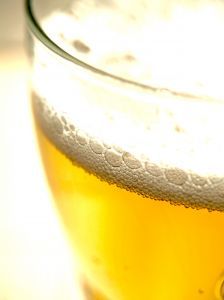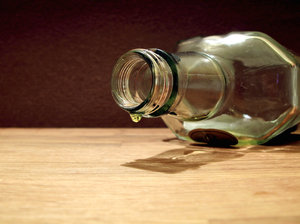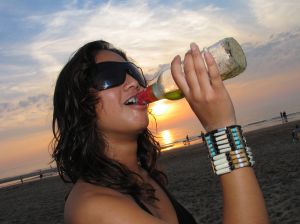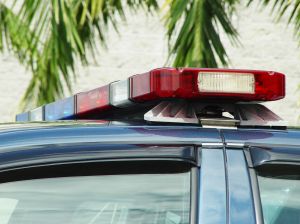We all know that drinking and driving can have deadly consequences. But there are still millions who do it each and every year. For the ones who escape death — there are some other serious (and costly) consequences.
According to MSN Money, a drunk driving conviction can wind up costing you thousands of dollars, including higher insurance rates, attorney fees and court fees and fines.

Our Fort Myers drunk driving accident lawyers understand that a DUI conviction can easily cost someone $15,000. Are you willing to risk it?
But where do the costs come from?
Initial costs and fines:
Right when you’re arrested, you’re going to have to worry about posting bail. This can be a few thousand dollars. Although this money can be returned when you appear in court when scheduled, there’s no guarantee. You’re also going to have to pay to get your car from impound. That costs a couple hundred dollars, too.
When you’re convicted, you’re going to be fined again. This fine will be at least another couple hundred dollars. And don’t forget to add in the court costs.
DUI courses:
With a DUI, you’re going to be required to take a class regarding the dangers of drunk driving. That’s going to cost you, too. In the state of Florida, a 12-hour course can run you about $250.
Driver’s license fees:
When you get busted, officers are going to suspend your driver’s license. Oftentimes this is for at least a year. When you’re able to get it back, you’re going to hand over a restoration fee.
Lawyer costs:
This is a cost that can vary by the firm’s experience, location and severity of the case. According to MSN Money, lawyers can run anywhere from $250 to $25,000. An average in South Florida for a typical DUI is $3,000 to $5,000.
Insurance hikes:
A DUI is going to spike your insurance rates by at least 20 percent, according to Insurance.com. But this is an increase that can vary, depending on the company and where you live. How long you pay this increase varies depending on your insurer, but typically it will spike for about three years. In many cases, premiums for insurance nearly double.
Ignition interlocks:
These are the devices that can read your blood-alcohol level in the vehicle and won’t allow the vehicle to start unless you return a zero percent reading. These can cost a couple hundred to install — on top of a pricey monthly fee.
If you’re lucky enough to keep your job after a DUI, you can also wind up facing some additional costs to be able to drive on the job, along with DUI school, counseling, community service hours and even jail time.
If you’re not allowed to drive anymore, you’re going to have to find alternative ways to get around, and that can wind up costing you even more.
Clearly the costs are just not worth the risk — even if you don’t end up in a serious or fatal accident this summer. Stay safe this summer. Be responsible — don’t drink and drive.
Continue reading ›
![]()
 Florida Injury Lawyer Blog
Florida Injury Lawyer Blog














